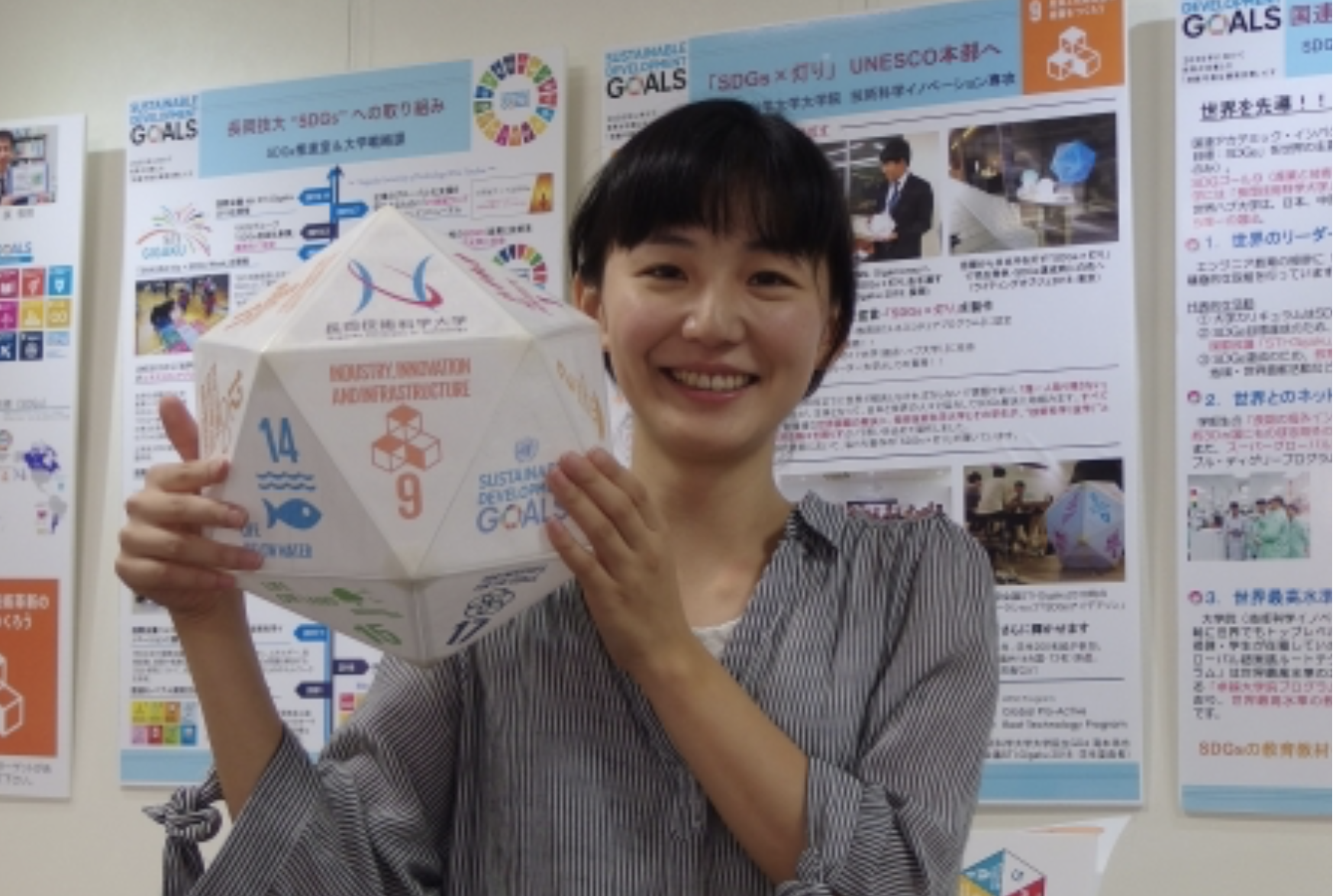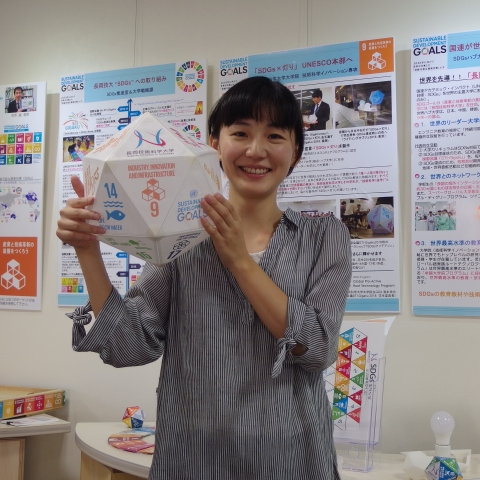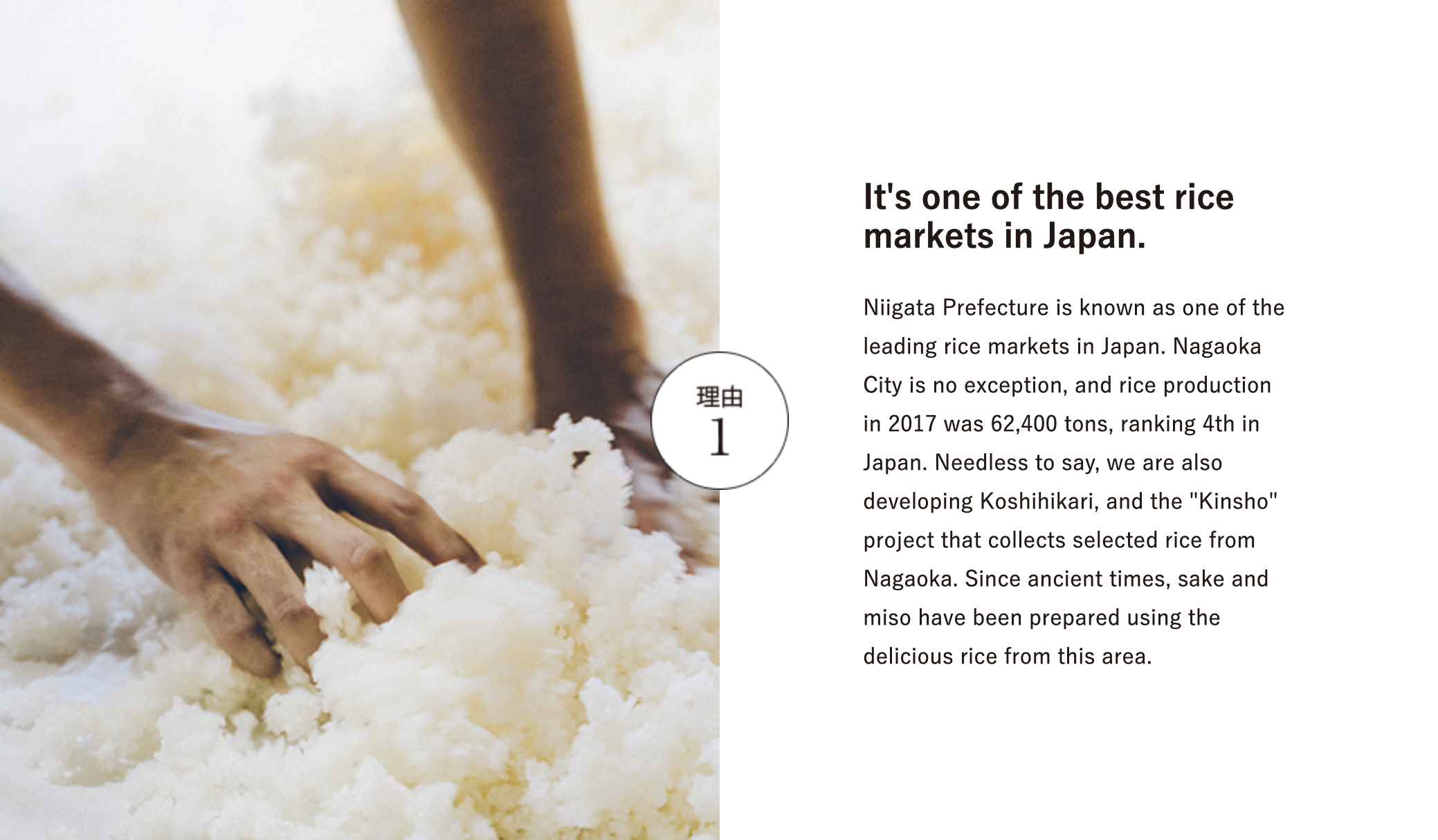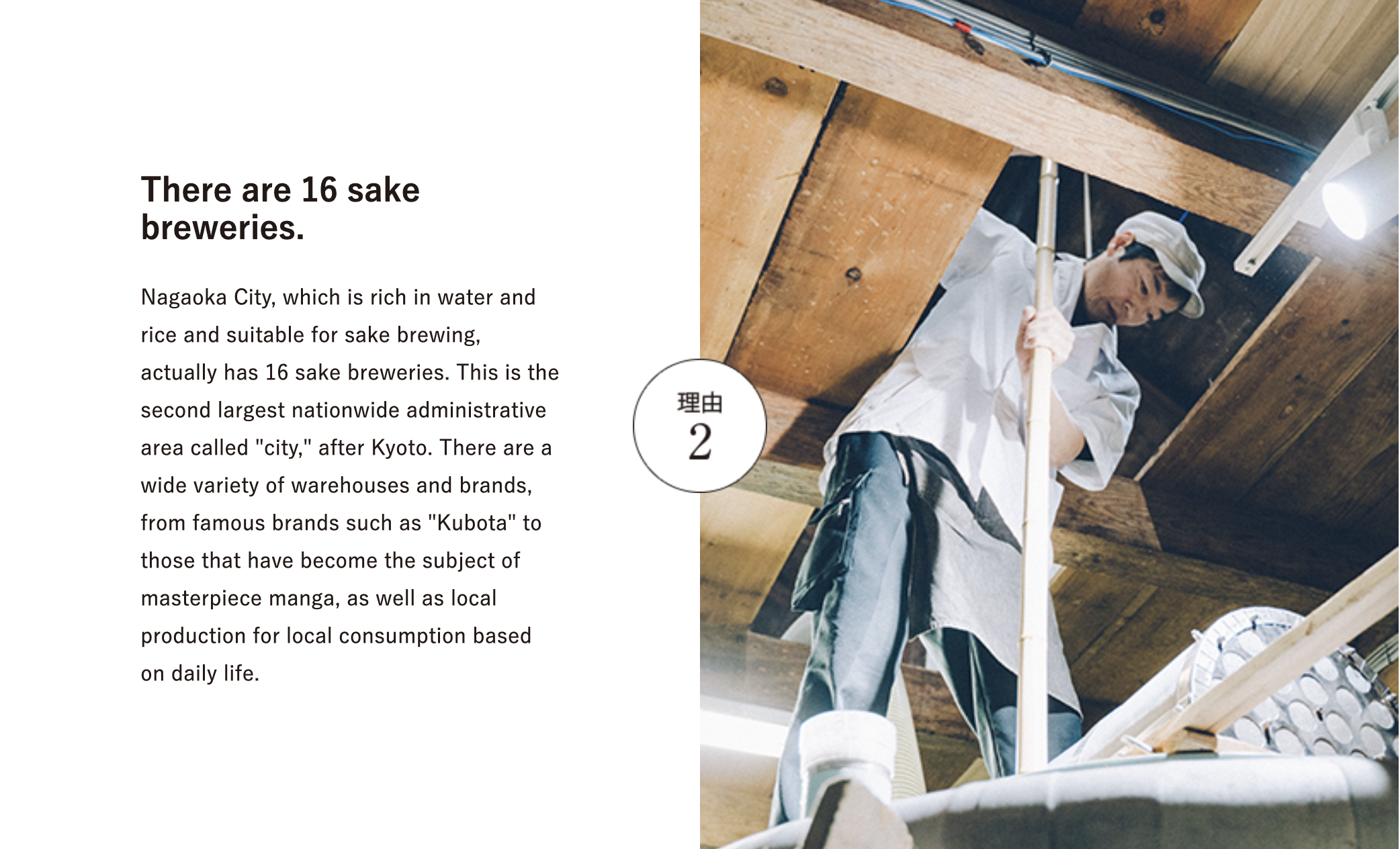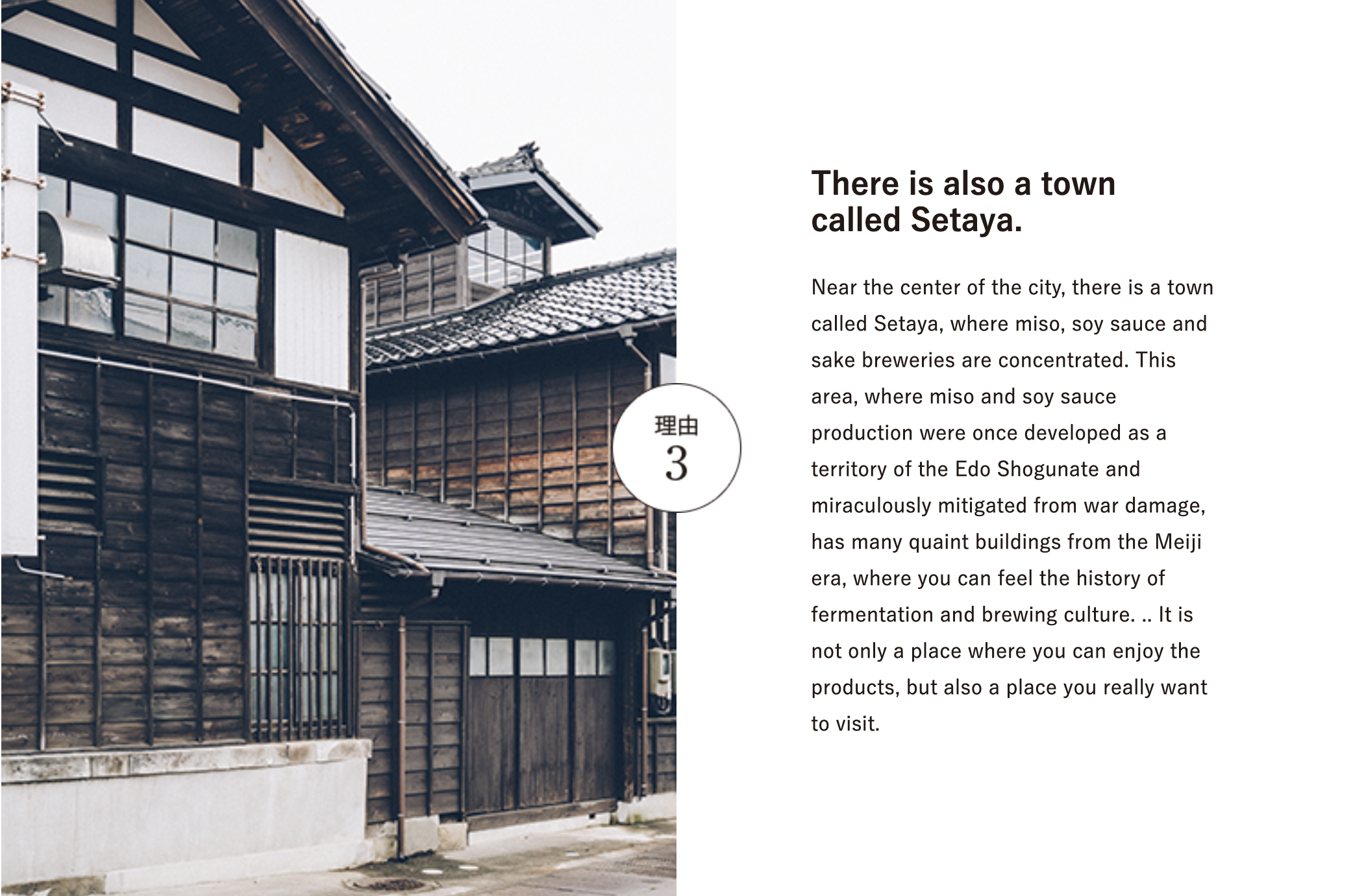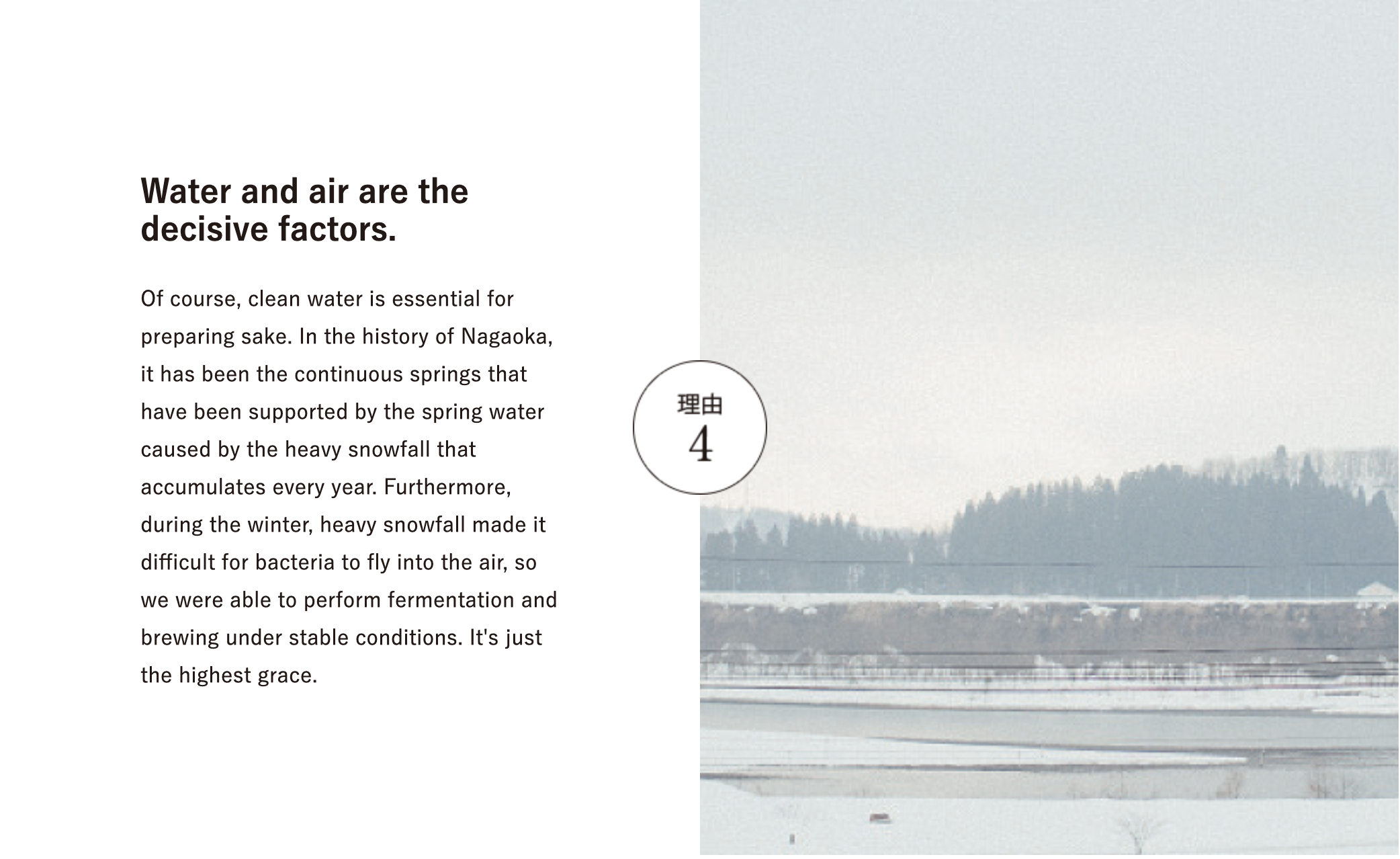Born in the city of Nagaoka in Niigata, Yukina Kitahara (YK) was inspired by her hometown’s specialization in food and beverage preservation through fermentation. Yukina entered the Nagaoka University of Technology with the vision of elevating this age-old practice and bringing new knowledge to benefit local communities.
The Nagaoka Review (NR) spoke with her to learn more about her field of research, her inspiration to start the project locally, and her passions towards engineering a better future.
NR: Tell us about the field of research that you are working on.
YK: I belong to Prof. Wataru Ogasawara’s laboratory and I am researching on observing visualizing microorganisms using a microscope. I am mainly investigating the relationship between mold life and form. The mold we are dealing with is expected to be used to produce chemical products from wood. Therefore, by conducting research on the growth of this mold, it is possible to promote environmentally-friendly manufacturing.
NR: What inspired you to work on this research?
YK: I am originally from Nagaoka City and my hometown was known as the Hakko and Brewery City during the Jomon period (16,000-3,000 B.C.), one of the earliest historical eras in Japan. Back then, Jomon people became prosperous because of its specialization on food and beverage preservation through fermentation.
In Japan, we call this fermentation process as “Hakko.” For the Japanese, the concept of “Hakko” encompasses the fermentation process and also the unique Japanese technologies and regional characteristics that were used in the process. This is an age-old practice that exists even up to this day, and some examples are fermented beer, kombucha, bread, cheese, wine, etc. And by scientifically studying Hakko, we intend to make the knowledge and technology gained from Japan’s fermentation industry known to the world and to be applied in local communities.
Today, the city of Nagaoka continues the legacy of being a town known for fermentation and brewing and the secret lies in the city’s blessed natural and climatic conditions.
NR: What led you to pursue this research at the Nagaoka University of Technology (NUT)?
YK: I wanted to go on the path of microbial research and knowing the strength of NUT’s biotechnology engineering department, it was a logical choice to pursue my field of interest at NUT. Moreover, the university provides its students with the opportunity to develop their skills and enhance their knowledge here in Japan and abroad.
I also like the fact that classes at NUT are very engaging. We have lots of discussions and people from different fields are involved, giving us a different way of thinking, so it is often an interesting discussion.
NR: What is the big dream after NUT?
YK: I hope that my research will create an impact on how we reduce energy consumption and promote responsible consumption. If we can preserve more foods through fermentation, we can help advance several Sustainable Development Goals, and at the same time, live healthier.
Yukina is currently in her second year under a doctoral program on Technological Science Innovation at the Nagaoka University of Technology. When not in her research laboratory, she enjoys the abundance of nature that surrounds the university. “Nagaoka is rich in nature, so you can feel the changing seasons all year round,” she concludes.

